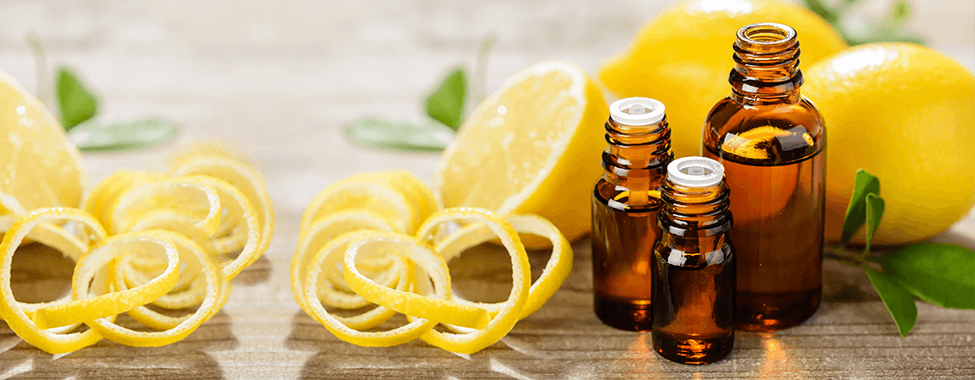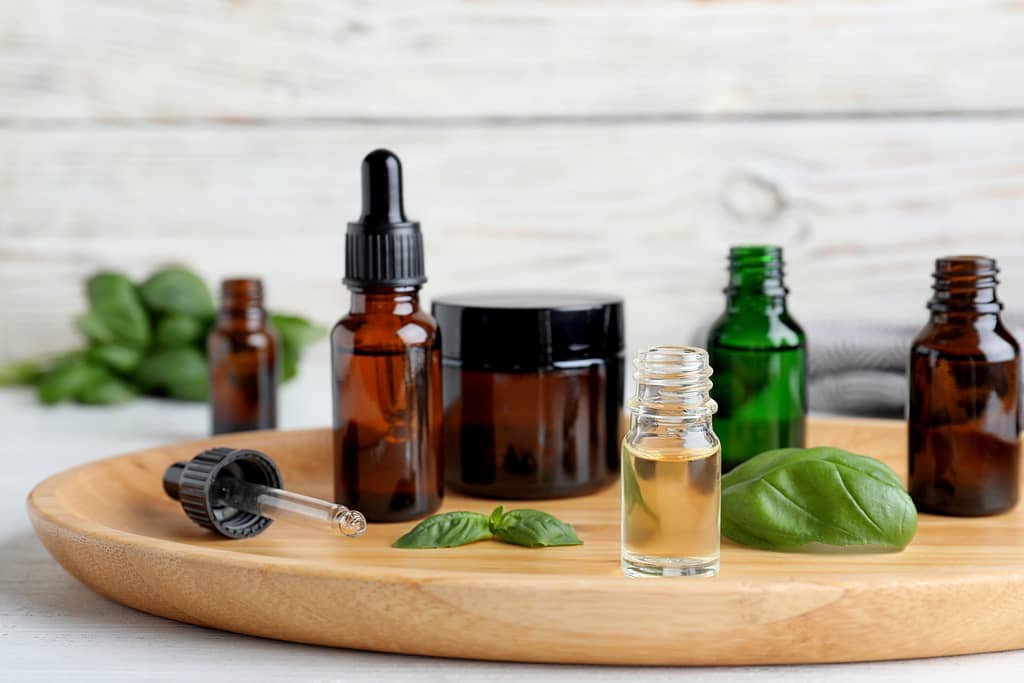
When it comes to your health, there is no better way than to improve it at home with essential oils through aromatherapy. This is true, especially for those who are either new to aromatherapy or have already been introduced to it. Work out how to do it as efficiently as possible while at home so that you can unwind and revitalize. To assist you, let’s consider some of the most important questions concerning this issue that you are likely to have.
How do you begin aromatherapy at home?
To begin aromatherapy at home such as for beginners, you should first pick the essential oils that you need like lavender for relaxation and eucalyptus for energizing. Then use a diffuser so that the aroma could circulate in the entire room. Always ensure good ventilation.
First, think about the outcomes that you aim to achieve by practicing aromatherapy. In case relaxation is what you need, chamomile or lavender oil works like a charm. Pouring the lemon or orange essential oil into the surroundings gives a nice feeling.
In the beginning, use a diffuser so that the oil is not concentrated in only a part of the room. If you do not have a diffuser try dropping or putting some oil on a piece of cotton and keep it close to your desk to help you work better. Fresh air must always be around the room and essential oils should never, at any time, be used ‘neat’ or undiluted on the skin.
How often should you use aromatherapy at home?
Every day is a good day for practicing aromatherapy, however, one must not get carried away with essential oils. Limit all the sessions to about 30 – 60 minutes once or twice a day. An excessive use can cause headaches or sensitivities and therefore people should practice common sense to enjoy the benefits.
Daily aromatherapy sessions can be quite healthy; however, an overuse of essential oil might cause headaches or nasal irritation. It would be best to keep your aromatherapy sessions to 30–60 minutes and let your body familiarize with the scent for a while.
For best results, practice the therapy for 30-minute sessions once or twice a day as the situation warrants. As, for instance, you may use peppermint in the morning and lavender in the evening, thereby constantly energizing and soothing yourself, respectively. It will be recommended to alternate the oils and not stick with the same one for long.

Which are the best essential oils for relaxation at home?
Some of the top essential oils that help in relaxation include lavender, chamomile, and sandalwood. This essential oil soothes your mind, takes away stress, and leads to good quality sleep. Diffuse them in your bedroom or put drops into your bathtub.
Lavender is considered the best of all essential oils for relaxation due to its calmative properties. Chamomile is another great option. The soothing effect this plant causes on anxiety and stress is out of this world. Sandalwood brings in the clarity of mind and calmness due to its woody scent.
How to incorporate aromatherapy into daily life?
To create an aromatherapy routine, it’s about picking up oils for one’s needs-for instance, energizing oils for the morning and calming at night. Follow a schedule religiously, diffuse it, and incorporate the fragrant essential oils into daily routines such as bathing.
First develop a routine by paying attention to when each day you have a particular need. Peppermint and citrus invigorating oils should be used in the morning, whereas calming oils like lavender and ylang-ylang should be used in the evening if you want to become more alert and focused.

What equipment does one need for aromatherapy at home?
Aromatherapy requires essential oils, a diffuser, and maybe some carrier oils for topical use. Others also employ candles and oil burners. Having a clean and quiet place enhances the effect of this practice to yield better results.
The very basic equipment includes high-quality essential oils and a diffuser for the dispersion of aroma throughout your space. If you prefer topical applications, you’ll also want to have some carrier oils, such as coconut or almond oil, on hand with which to dilute your essential oils.
Does aromatherapy help in enhancing the sleep patterns or the overall sleep of a person?
Yes, we can improve the quality of sleep using essential oils like lavender, cedarwood, and chamomile in aromatherapy. These oils help reduce anxiety, calm the nervous system, and prepare the body for sleep. It is best done in bed.
Lavender scents are optimal for sleep due to their ability to calm the nervous system which retains restlessness in many persons. Chamomile is another great option as this is both soothing and anti-inflammatory, relieving both the head and body.
People who have issues with sleeping can try cedarwood’s scent, which is woodsy, and this scent encourages a person to slip into deep, replenishing slumber. In order to improve the quality of sleep, these oil vapors can also be inhaled in the house for about 30 minutes before bedtime.
What are the measures taken for safety with the use of aromatherapy at home?
Care must be taken to prevent the direct application of essential oils on the skin without treating them with carrier oil in case of topical dosing. Communication with a specialist is mandatory for those pregnant or with children. Ensuring proper ventilation while carrying out aromatherapy practice is also of utmost help in ensuring the safety of the users.
All essential oils should be diluted whenever efforts are made to use any of them on one’s skin. The use of carrier oils like mustard and olive oil is advised to avoid direct application on the body’s skin. Also, people avoid sensitive parts of their bodies like their eyes and mouths. Women who are expectant along with young children and people suffering from particular medical illnesses must consult a medical expert on any need to use essential oils.
Before undertaking aromatherapy, there should be sufficient ventilation to avoid inhaling excessively potent aromas which cause headaches and feelings of sickness. Hence, it is advisable to do aromatherapy in a room that is not sealed and minimize contact with strong scented oil, particularly eucalyptus, and peppermint for extended hours.
Conclusion:
Self-practicing aromatherapy at home is a great way to improve overall well being however there are certain oils, practices, and safety measures one has to be aware of. Having a balanced mindset and proper schedule allows to create the soothing and healing atmosphere at home.

